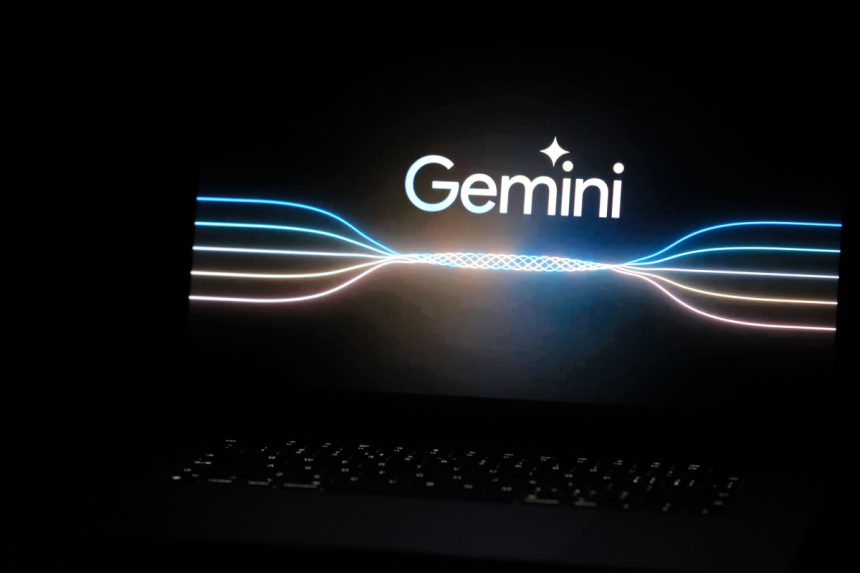A Peek Behind AI’s Power Demands
Google has released its first detailed technical report on the energy, water, and carbon footprint of its Gemini AI prompts. According to the report, the median query consumes 0.24 watt-hours of electricity—roughly the energy needed to run a microwave for one second. The company also calculated associated carbon emissions and water usage, providing what experts call the most transparent estimate yet from a major AI provider.
Breaking Down the Numbers
Google’s study looked beyond AI chips to account for the full system supporting Gemini. Its custom TPUs consume 58% of the energy per query, while CPUs and memory add 25%. Backup machines account for 10%, and data center overhead such as cooling and power conversion makes up the remaining 8%. Each prompt produces an estimated 0.03 grams of carbon dioxide and uses about 0.26 milliliters of water—roughly five drops.
Importantly, energy efficiency has improved. In May 2024, a median Gemini query required 33 times more energy than it does today. Google attributes this progress to model improvements and software optimization.
Transparency and Limits
Experts say Google’s data marks a turning point for AI energy research. “It’s the most comprehensive analysis so far,” said Jae-Won Chung of the University of Michigan’s ML.Energy project. Still, the company has not disclosed the total number of Gemini queries per day, leaving the overall footprint unknown.
The report covers only text prompts, not more energy-intensive image or video generation. It also emphasizes median usage, meaning more complex requests—such as summarizing dozens of books or running reasoning models—consume significantly more energy.
Growing Pressure for Standards
Google bases its emissions estimates on market-based accounting, factoring in its clean energy purchases from projects totaling more than 22 gigawatts since 2010. While this lowers its reported footprint, researchers note the lack of a standardized metric across the industry. Calls are growing for an “AI Energy Star” style system to ensure comparability.
For now, Google’s disclosure offers rare insight into the hidden costs of AI. “People want to know what the cost is,” said Sasha Luccioni, an AI and climate researcher at Hugging Face. While many questions remain, the report signals that industry giants are beginning to open the black box of AI’s environmental impact.






